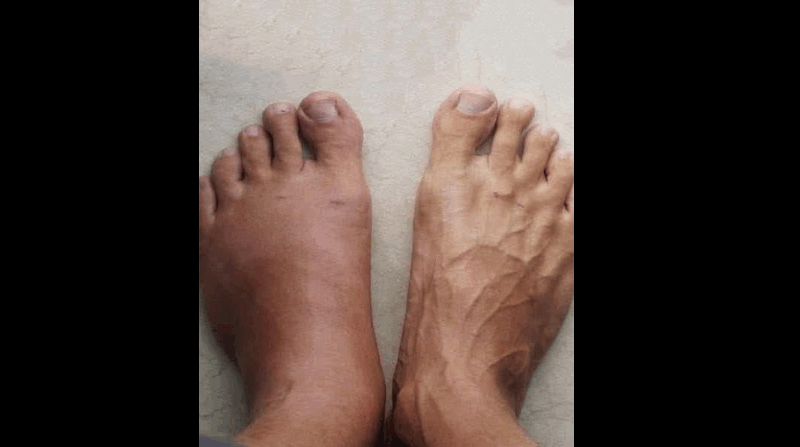Calcium plays a vital role in maintaining strong bones, supporting a steady heartbeat, enabling muscle function, and ensuring proper nerve activity. According to the Cleveland Clinic, calcium is the most plentiful mineral in the human body, with over 99% stored in bones and teeth, providing them with essential strength and structure. The remaining 1%, though small in quantity, performs critical functions in muscles, tissues, and blood circulation.
Your body cannot produce calcium on its own, so it relies on dietary sources or supplements to meet its needs. While many foods supply this essential mineral, certain items can reduce calcium levels, leading to weaker bones over time. Below is a list of foods and substances that can deplete calcium and suggestions for healthier alternatives to support bone health.
1. Soda (Soft Drinks)
Many sodas, particularly colas, contain phosphoric acid, which hinders calcium absorption and promotes calcium loss from bones. Additionally, high sugar content in these drinks contributes to inflammation, further eroding bone strength. Regular soda consumption can weaken bones and elevate fracture risk. To protect your skeletal health, consider switching to nourishing options like herbal tea.
2. Salt (Sodium)
High sodium intake increases calcium excretion through urine, which can diminish bone density. Foods like fast food, processed snacks, and packaged meals often contain excessive sodium. To safeguard your bones, reduce added salt and check nutrition labels to monitor sodium content in your diet.
3. Caffeine (Coffee, Tea, Energy Drinks)
Caffeine consumption prompts calcium loss through urine, and frequent intake of coffee, tea, or energy drinks can gradually weaken bones, raising the risk of fractures. Consuming 1–2 cups of coffee daily is generally safe, but exceeding this amount may deplete calcium reserves. Moderation is key to maintaining strong bones.
4. Alcohol
Excessive alcohol consumption impairs calcium absorption and slows the activity of osteoblasts, the cells responsible for building bone. It also reduces vitamin D levels, which are essential for calcium uptake. Drinking more than one alcoholic beverage daily for women or two for men heightens the risk of osteoporosis. Limiting alcohol intake supports better bone health.
5. Red Meat and Processed Meats
Processed meats such as sausages, bacon, and hot dogs are high in phosphorus, which can disrupt bone health if calcium intake is inadequate. This imbalance may weaken bones over time. To promote skeletal strength, consume red meat sparingly and incorporate protein-rich alternatives like fish, chicken, or plant-based foods.
6. Spinach and Rhubarb (High in Oxalates)
Spinach and rhubarb contain oxalates, which can reduce calcium absorption, limiting the amount of calcium your body can utilize from these foods. To optimize calcium intake, pair these foods with low-oxalate, calcium-rich vegetables like kale or broccoli to support robust bone health.
By making mindful dietary choices, you can protect your bones and maintain their strength for years to come. Share this information with your family and friends on social media to spread awareness about bone health.
Bored Daddy
Love and Peace




